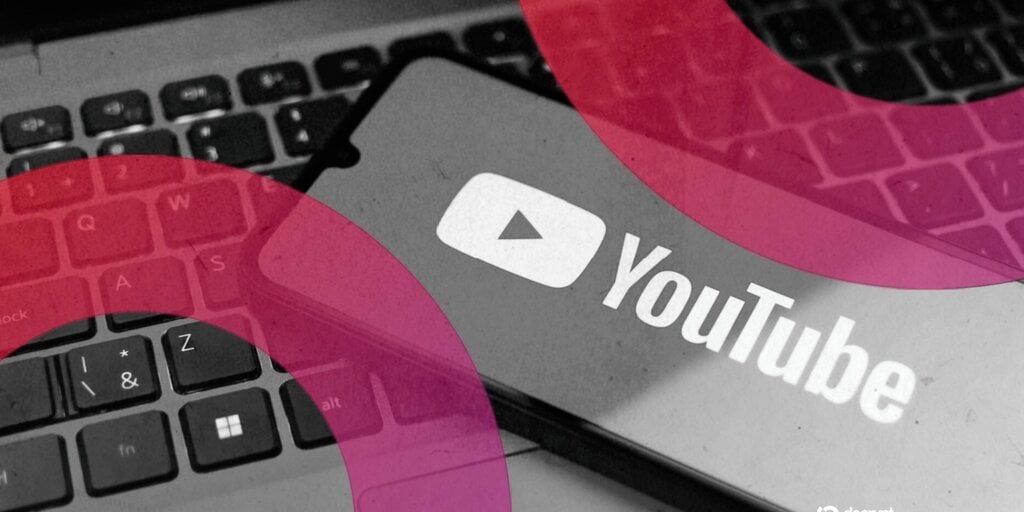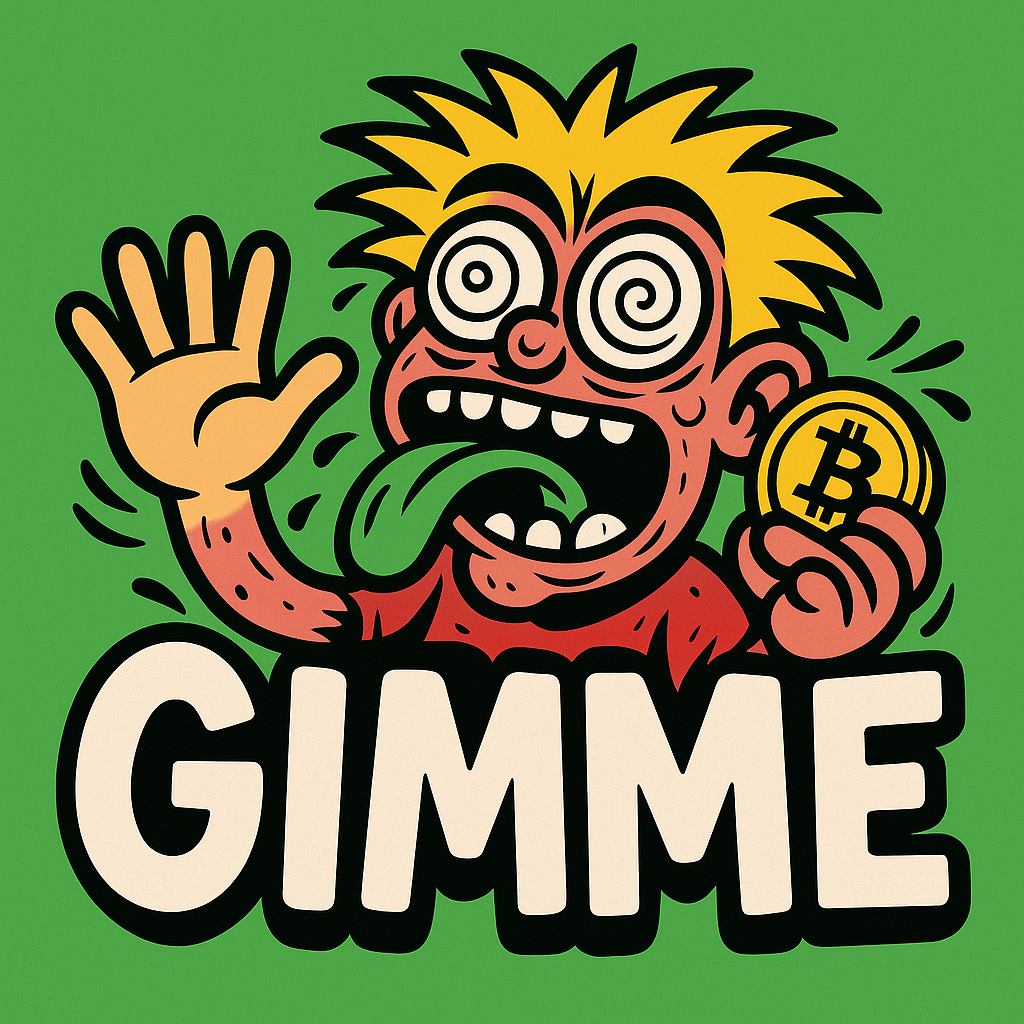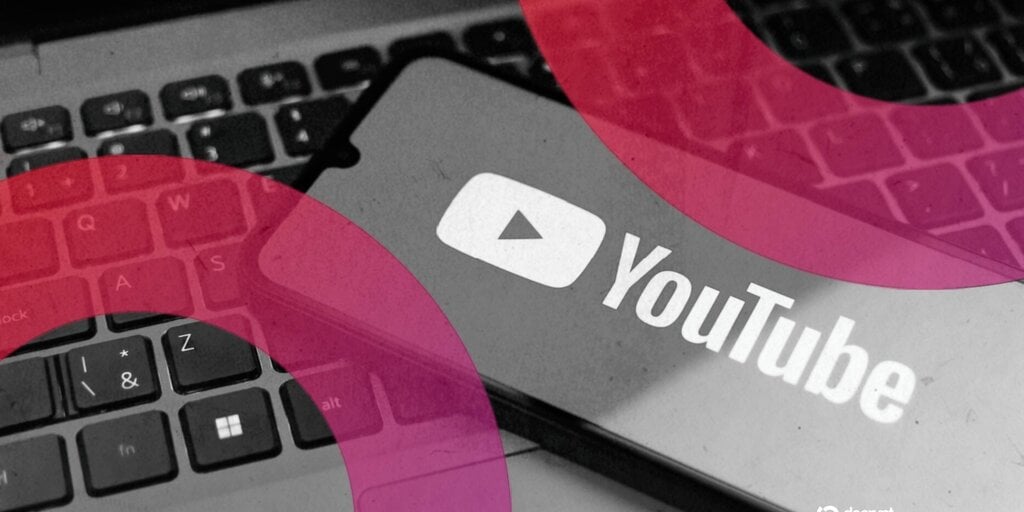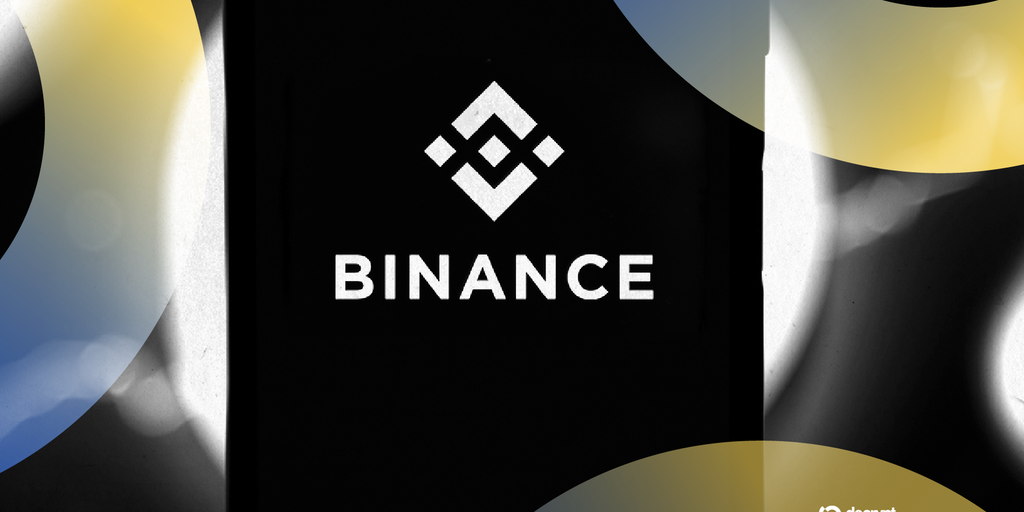
In brief
- YouTube expanded its ban on promoting certain gambling sites on its platform to include those giving video game skins, cosmetics, or NFTs as part of the casino.
- Crypto gaming advocates were concerned this would include general crypto gaming content, as the industry is often referred to as a casino.
- YouTube confirmed to Decrypt that this is not the case, as the ban is targeting casinos and gambling sites, not gaming experiences.
YouTube recently said that it will expand its ban on online gambling content to prohibit redirecting viewers to sites that offer “additional items that have monetary value,” including video game skins, cosmetics, and NFTs. The change will take effect on November 17.
The announcement led to uproar across the crypto community, as creators anticipated that this would result in a blanket ban on crypto content, particularly crypto gaming content. However, a spokesperson for YouTube confirmed to Decrypt that this will not be the case.
“Content showing video game skins or cosmetics creators earn in games or general discussions about items with real-world monetary value, such as NFTs, will not be impacted by this update,” the Google-owned company said.
YouTube’s new policy is a direct attack on Web3 gaming and CS skins.
Starting November 17, any videos promoting NFTs, crypto tokens, or in-game skins with real value get hit as gambling violations.
The end of an era… I discovered NFTs through YT.
It’s TikTok time I guess pic.twitter.com/5NYqKSaV4u
— Leevai (@LeevaiNFT) October 31, 2025
The concern arose due to some elements of modern gaming often being compared to a casino or gambling experience. Counter-Strike 2 case openings, for example, have often been compared to gambling. In crypto gaming, the allegation of gambling is intensified because in-game items can be sold on the open market for cryptocurrency. YouTube confirmed to Decrypt that this style of content will not be impacted.
Crypto content creator Gorilla told Decrypt that he can understand how trading NFTs and meme coins—which are notorious for their volatility—could be considered “gambling” in the eyes of some.
However, YouTube’s strengthening of its online gambling policy is specifically targeted at gambling sites, not legitimate crypto gaming experiences. It appears this move was made in response to the rise of casino sites as sponsors among content creators. Often, these sites will reward users in more than just cash, but also crypto tokens, NFTs, and more.
That said, casino sites “certified by Google” won’t be impacted by the ban. Google doesn’t publish a public list of certified gambling sites, but operators can apply for certification if they meet region-specific requirements—like in the U.S., where online gambling can only target specific states.
“We’ve seen the rise of [Counter-Strike] case openings and more online gambling content from casinos on social media, which I think should have mature guidelines and follow industry standards to protect consumers and underage audiences,” pseudonymous crypto gaming content creator Iceyyy told Decrypt. “I think this is a reasonable and healthy [policy] improvement, and I don’t think normal crypto content will be largely impacted.”
Fortunately for the crypto gaming faithful, it appears that the latest YouTube policy update won’t impact their favorite content creators—as long as they’re not promising viewers that they can get rich quick.
“As always, content promising guaranteed returns may be removed regardless of whether the gambling site or application has been certified by Google,” the YouTube spokesperson added. “Content that doesn’t violate our Community Guidelines, but still features depictions or promotions of certified online gambling sites or applications, will still be age-restricted.”
GG Newsletter
Get the latest web3 gaming news, hear directly from gaming studios and influencers covering the space, and receive power-ups from our partners.




